Following a Singapore-registered company being fined for illegally importing seafood from Vietnam, the Vietnamese Trade Office in Singapore advised businesses to carefully study regulations to ensure the reputation and image of Vietnamese enterprises are built.
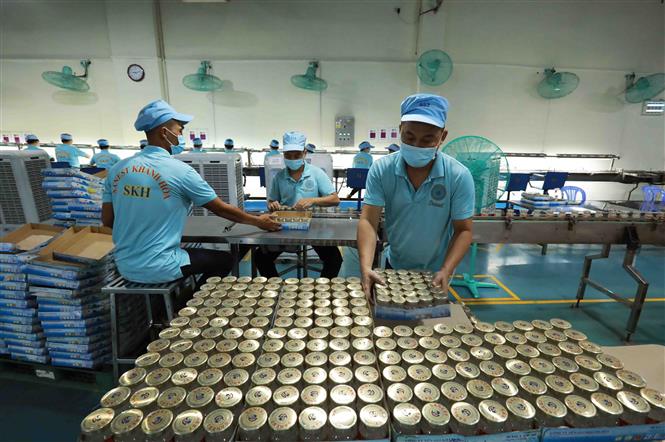
Packaging of bird's nest products by Khanh Hoa Bird's Nest Company for export to various markets, including Singapore. Photo: Vu Sinh/TTXVN
According to a press release from the Singapore Food Authority (SFA), the private company Viet-Sin Grocery, registered in Singapore since 2020, has been fined S$36,000 for illegally operating two cold storage facilities and illegally importing certain meat and seafood products from Vietnam, along with several recommendations for Vietnamese businesses, the Ministry of Industry and Trade stated.
Specifically, according to the SFA report, Viet-Sin Grocery violated cold storage operation regulations three times and illegally imported certain meat and seafood products from Vietnam.
On April 26, 2022, the SFA discovered approximately 1,800 kg of meat, processed meat products, and seafood stored in an unlicensed cold storage facility at Gambas Crescent.
Subsequently, on March 15, 2023, the SFA discovered another unlicensed cold storage facility operating at Woodlands Close, storing approximately 1.24 tons of meat, processed meat products, and seafood.
Most recently, approximately 37 kg of various meat products were discovered being distributed at a grocery store in Woodlands. Both the cold storage facility and the grocery store in question are operated by Viet-Sin Company. The products were confirmed to be imported from Vietnam without valid import permits and their origin is not recognized. The SFA has now seized all the confiscated goods.
This incident was reported on the official SFA website, along with images of some of the illegally imported goods from Vietnam.
To ensure the reputation and image of Vietnamese businesses are built, the Vietnamese Trade Office notes that Singapore has very strict regulations on food production and consumption, regulations on food labeling, permitted food additives, incidental ingredients in food, the use of minerals, partially hydrogenated oils, regulations on food packaging, irradiated food, etc. The Singaporean government has regulations for each type of imported goods.
The import of dairy products, live animals, meat, and fish is considered "high risk" and is strictly controlled through inspection, testing, and licensing procedures by the SFA.
Currently, Singapore does not allow the import of fresh eggs, meat and live animals, live oysters, and imposes high technical requirements for Vietnamese dairy products. An updated list of countries/territories authorized to export certain products to Singapore is attached.
Fresh fruits and vegetables imported into Singapore are required to be free from any prohibited pesticides, and the levels of pesticide residues or toxic chemical residues must not exceed the limits stipulated in the Food Trade Act or the recommendations of FAO/WHO.
According to Singaporean regulations, businesses importing food must meet the requirements of the SFA and be licensed by the competent authority. Each shipment must be declared and accompanied by a valid import permit.
Businesses that illegally import or process meat products from unlicensed sources, or store meat products for sale without a valid license, will be fined and imprisoned (up to 3 years), depending on the severity of the violation.
Furthermore, Singapore is a market with high and stringent requirements regarding food hygiene and safety. The production, import, and sale of food are strictly regulated by the Singaporean government and must comply with the Food Business Act 2002, amended and replaced by December 7, 2017, as well as regulations on food, environment, and public health.
Besides demanding product quality, especially for food products, Singaporean consumers are also very sensitive to information related to food hygiene, clear and transparent origin, and the legal compliance of businesses.
Cases like the one involving Viet-Sin Grocery mentioned above can negatively impact Singaporean consumers' purchasing choices for Vietnamese food products in general and tarnish the reputation of Vietnamese export businesses in particular. Vietnamese businesses should regularly update themselves on local regulations and choose partners accordingly.
From a supplier's perspective, the current context and recent events indicate that Singapore urgently needs to diversify its food supply sources, especially meat products.
The business proposal requests that the State consider negotiating with Singapore regarding the supply of meat and eggs in order to facilitate official import and export of these products from Vietnam.
Linh Anh


![[Photo] Hanoi, the capital city, brilliantly welcomes the 14th National Congress of the Party.](/_next/image?url=https%3A%2F%2Fvphoto.vietnam.vn%2Fthumb%2F1200x675%2Fvietnam%2Fresource%2FIMAGE%2F2026%2F01%2F13%2F1768271572243_image-1.jpeg&w=3840&q=75)
![[Photo] Standing Committee member of the Party Central Committee Tran Cam Tu presides over the preliminary review of the organization of the 14th Party Congress.](/_next/image?url=https%3A%2F%2Fvphoto.vietnam.vn%2Fthumb%2F1200x675%2Fvietnam%2Fresource%2FIMAGE%2F2026%2F01%2F13%2F1768292063355_anh-man-hinh-2026-01-13-luc-15-14-10.png&w=3840&q=75)


![[Photo] National Assembly Chairman Tran Thanh Man receives the Ambassadors of Cambodia, the Philippines and the United States for a farewell visit.](/_next/image?url=https%3A%2F%2Fvphoto.vietnam.vn%2Fthumb%2F1200x675%2Fvietnam%2Fresource%2FIMAGE%2F2026%2F01%2F13%2F1768303256862_tiep-ds-5658-jpg.webp&w=3840&q=75)
![[Photo] Final preparations underway for the organization and service of the 14th National Congress of the Party.](/_next/image?url=https%3A%2F%2Fvphoto.vietnam.vn%2Fthumb%2F1200x675%2Fvietnam%2Fresource%2FIMAGE%2F2026%2F01%2F13%2F1768315558336_ndo_br_bnd-4068-jpg.webp&w=3840&q=75)












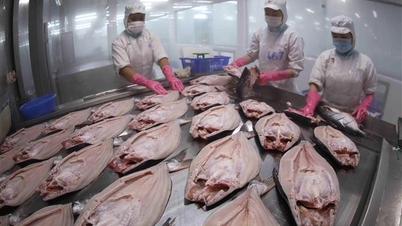

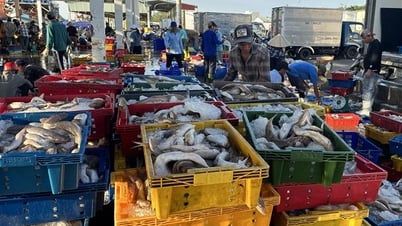

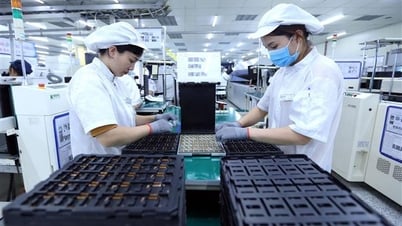
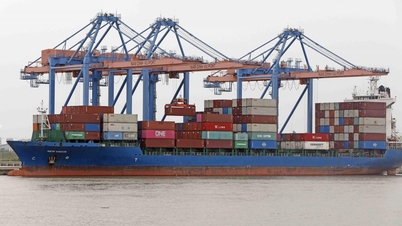









































































Comment (0)